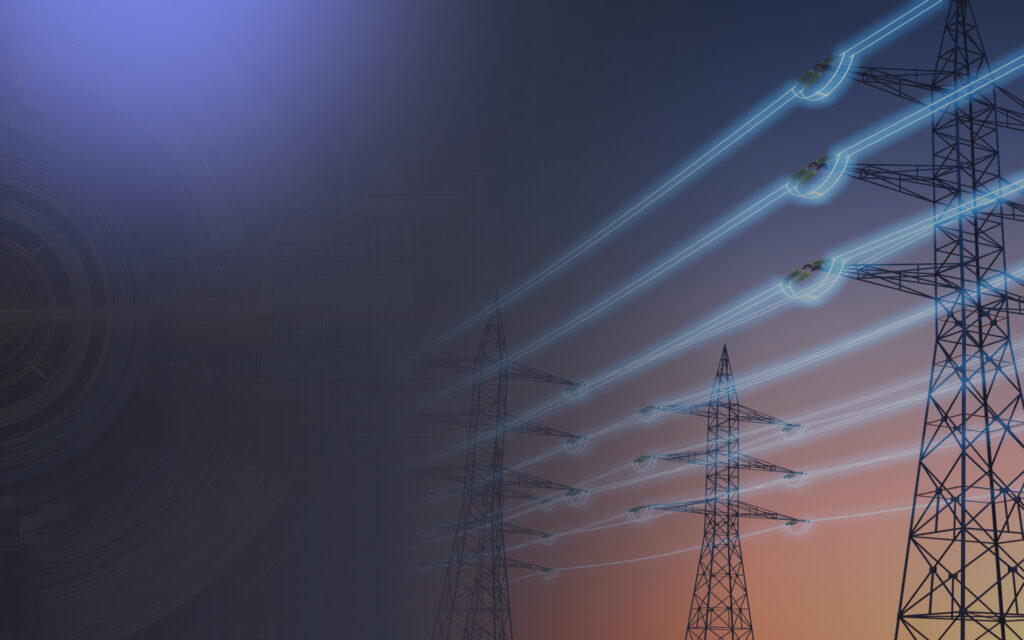As CleanEcon officially launches, we sat down with our president, Aliya Haq, to talk about her decades of experience in the climate and energy space, lessons learned, and why CleanEcon is different from other organizations.
Q: We are in a tumultuous moment for clean energy and politics. Why are you launching CleanEcon now?
Aliya: First of all: we are facing an urgent need to fix our energy systems and adopt new innovations, and it simply can’t wait. Energy demand is surging today as new technologies advance, from AI to advanced manufacturing to electrification. And we are struggling to build a 21st century economy on 20th century infrastructure. It is an economic imperative to fix our outdated systems and adopt new innovations and efficiencies as quickly as possible. Otherwise, electricity prices will shoot up and our aging grid might cripple America’s next economic boom.
Second of all: I’ve spent my whole career in this field, and right now I’m seeing so much hand-wringing about political headwinds slowing down clean energy. The reality is that the headwinds have always been there, regardless of election outcomes and partisanship. And, that will only change when we make clean energy the most affordable, abundant and reliable option. Policy frameworks are the only way to move markets in that direction, and battling political headwinds has always been part of the gig.
But that doesn’t mean it’s the same old playbook. Our social and cultural connections are becoming more fragmented every day, in politics, media and even in local neighborhoods. We have to approach policy change in a completely different way, and we need to transcend the polarization and partisanship. CleanEcon is built to be flexible, fierce, and nimble – we will partner with anyone regardless of their political or industry label, as long as they want to advance clean energy, economic growth, and shared prosperity.
Q: You’ve been in the energy and climate space for decades. What originally brought you to these issues, and why have you stuck with it?
Aliya: Well, I was definitely not a cool kid in high school. One of my weirdest, most nerdy qualities as a teenager was my intense worrying about climate change. This was back in the 1990s when the U.S. started pulling back from climate negotiations in Kyoto, Japan. American politicians were livid about reducing US emissions 7% below 1990 levels. Ultimately, we pulled out of the Kyoto Protocol because of fears that it might slow down the American economy. I was more of a kid than an adult when this went down – and something about watching the “grownups” shrug off a global crisis just ignited this fire inside of me.
Over the years, I published scientific research, organized grassroots campaigns, tracked oil industry political spending, and coordinated national coalitions. I’ve seen the hopes and failures up close from the collapse of the Waxman‑Markey cap-and-trade bill to the disappointment of Obama’s Clean Power Plan. I have ridden the (occasional) highs and (mostly) lows of the United Nations climate talks every winter. This is what I mean when I say – the political headwinds have always been there. And sometimes I like to think about opening a flower shop or a bakery or something.
But the reason I stick with it now is not to assuage my climate fears but because I can see that an incredible economic opportunity is just within our reach. Humanity thrives when economies grow and communities prosper. Clean energy is ready to power that growth. If we can get out of our own way to build more clean projects and adopt more innovative technologies, then we will lower costs, create jobs, and unleash the next era of American prosperity. Revitalizing America’s backbone with clean energy is the economic opportunity of a generation.
Q: How will CleanEcon make an impact on clean energy and economic growth? What will success look like?
Aliya: Getting down to brass tacks – success for CleanEcon looks like policy changes that allow for more clean energy projects breaking ground than we’ve ever seen and completing construction in record time. This includes cost-competitive solutions like wind and solar, and emerging technologies that need to scale like advanced nuclear, geothermal, fusion, and storage.
CleanEcon’s policy agenda centers on three levers: building, innovating, and investing. We need policies that make it easier to build energy projects quickly; accelerate innovation to lower costs; and derisk private investment so industries can scale.
Beyond the specific policy wins, I will also gauge the success of CleanEcon on whether or not we can make cost reduction of clean energy as much of a rallying cry as reducing emissions for the energy and climate community. Clean energy needs to outcompete everything else, and we can only make that happen through durable policy change. What if, in addition to net-zero by 2050, we had a twin goal of reducing the cost of clean energy to zero?
Q: What keeps you up at night?
Aliya: I assume you’re not asking about my kid who is a light sleeper and wakes me up regularly. I think what keeps me up at night is the frustration that infighting, friendly fire, and tripping over ourselves still remains a major obstacle for clean energy and climate advocates.
We have made incredible progress on clean technologies – just look at the learning curves and cost reductions of solar PV and onshore wind from the last 40 years! Now we need to build wind and solar as fast as possible, while at the same time pushing the learning curves to reduce costs for a bunch of emerging tech like nuclear, geothermal, and batteries. Some will say we only need fossil fuels, and others will say we only need wind or solar. Both ideas are dead wrong. The reality is that, to encourage economic growth and solve climate, we need to build clean energy as fast as possible in every form it takes. Political rhetoric from all sides can slow things down, but it can’t stop economics.
Q: Recently, an Axios reporter wrote that CleanEcon “defies easy categorization.” What makes CleanEcon unique from other groups?
Aliya: One unique thing about CleanEcon is our refusal to play into partisan food fights. We have success working with Republicans and Democrats, because it is easy to find common ground when you are focused on economic growth and prosperity. And clean energy is ultimately an economic competitiveness and a pocketbook issue. We need to innovate and adopt new technology as fast as possible – and there is nothing more American than leading on innovation and technology in the global economy. We stay focused on results and we don’t let the political rhetoric distract us from the real mission.
We are also distinct because, while we care about clean energy and climate, we are entirely centered on economic growth. That means we are NOT pushing to stop fossil fuel development. Not only might that increase energy costs for all of us, but also CleanEcon believes in speeding up clean energy so it becomes the default choice for everyone – the most affordable and accessible option.
But the key ingredient to CleanEcon’s secret sauce is actually pretty simple – we play to win. We combine our policy expertise and campaign instincts to be the most nimble, flexible, and fierce organization in the energy space. We have a very small and wildly talented team that is able to adapt quickly to the fast-changing political and communications landscape. There is no such thing as an “internal working group” at CleanEcon. And, we bring together a diverse and powerful network of partners to make big change happen.


